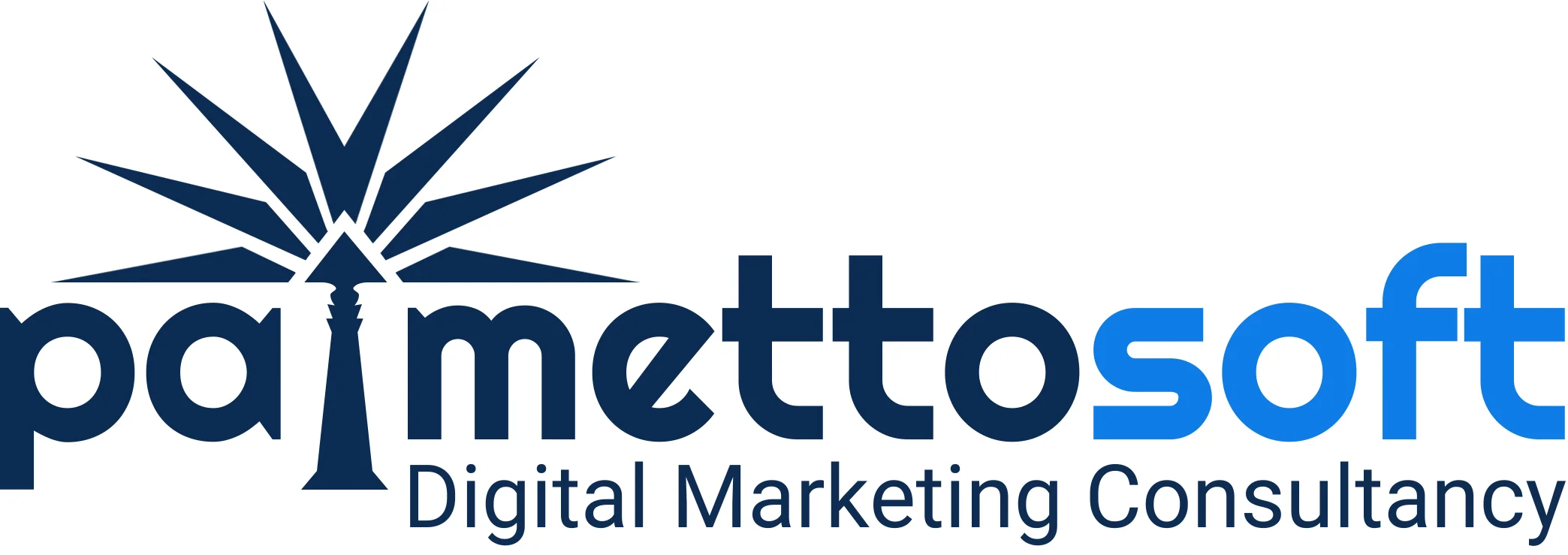The world of digital marketing is packed with acronyms, and none are more common than SEO and PPC. You’ll see these two everywhere you look as experts dispense advice on how to get your website’s pages in front of as many eyeballs as possible.
So it’s obvious that SEO (search engine optimization) and PPC (pay per click) are critical strategies for online marketers. SEO and Google Ads (by far the biggest platform for running pay per click advertisements) each have their own population of knowledgeable experts and consultants, who spend their career watching the trends, anticipating upcoming technologies, and helping their clients adjust their campaigns accordingly.
But do SEO and Google Ads ever intersect? From the searcher’s perspective, the answer is easy. Paid ads appear at the top of the search results and look very similar to the non-paid, or “organic,” search results that follow them. In fact, the searcher often is not even aware whether the link they are clicking on is paid or organic. But from the advertiser’s point of view, the two are completely different in their origin, design, execution, and conversion.
Beyond the Basics
For the purposes of this discussion, we’re going to assume that you have a good working understanding of how SEO and Google AdWords (the old term for what is today Google Ads) function. If you need a reminder, you can visit our website and explore our offerings in both areas to get a foundational idea of how they work.
Even for those who have known for quite a while how Google AdWords and SEO work, however, there can be some confusion about the relationships between the two. For example, if a searcher clicks on a Google Ad and lands on a page of your website, does that boost the search rankings for that page? Do the links contained in Google Ads contribute to SEO like the links in social media posts and external articles do?
The truth is, SEO and PPC are quite separated, or “siloed,” to use a common industry term, as it pertains to their effects on one another. Broadly speaking, your PPC campaign will not impact your SEO, and AdWords (now Google Ads) won’t be affected by what you do in your organic search efforts. That being said, though, there are some ways that your digital marketing consultant can use information generated by each type of campaign to improve the other, and thus improve the overall performance of your online marketing strategy. Let’s take a look at a few of the most important ones.
Keyword Research
Once your Google Ads campaign has been up and running for a while, it will have generated a large amount of data about how people online have interacted with those ads. That data doesn’t automatically carry over into your organic SEO campaign, but it does comprise an invaluable source of keyword research for your SEO manager!
Suppose, for instance, your PPC campaign has been running ads with the keyword “Solar energy alternatives” for a year or so. Click-through rates over that time have been high enough to keep the keyword in the campaign, but over the past few weeks, those rates within a certain geography have spiked significantly. That could be due to a new local tax break, frustrations with the local electricity provider, aggressive marketing by solar infrastructure providers, or other factors.
Noticing that spike could in turn prompt your SEO campaign manager to create landing pages focused on solar energy keywords combined with the cities or towns within that geography. All of a sudden your organic SEO campaign is targeting important keyword phrases and most likely gaining lots of click-throughs, all because your PPC campaign alerted you to the opportunity.
Conversion Rates
Another vital factor to assess is the conversion rate associated with each Google Ad. SEO is not just about keyword placement–it’s also about the readability and usability of your website, and you can learn a lot about how your particular audience wants to interact with you by the way they respond to your Google Ads. Do people tend to move further down the conversion funnel if your ad is aggressively focused on selling or if it provides valuable information to the reader instead? Does it seem like potential customers want to explore your website, read reviews, and learn about your company before taking action, or are they just looking to get a need taken care of as quickly as possible by a competent provider?
Knowing the answers to those questions through analyzing Google Ads data is invaluable for the SEO consultant as they build the pages of your website. They can strategically decide how your web pages initially engage the visitor, where the call to action buttons should appear, and how much written copy the average visitor wants to read before engaging directly with your organization.
Retargeting: SEO and Google Ads
Many of the people who click on one of your Google AdWords or SEO listings will not become a paying customer during that interaction. But that doesn’t necessarily mean that they aren’t interested in your services or that they will never become a customer. Building on that initial interaction with future touch points is a hugely important strategy, and it’s called “retargeting.” After someone has interacted with a Google Ad, SEO efforts can ensure that the next time that person executes a search for a similar keyword, your website appears in front of them and reminds them that you’re still available to serve them. Retargeting is powerful and effective when done correctly, and it’s one of the key fields in which PPC and SEO work together to maximize their potential.
SEO and Google AdWords: Use a Single Provider
For you to make use of these and other strategies that make the most of both SEO and AdWords, you’ll need to have the support of a consultant that understands both. With your paid and organic digital marketing campaigns under the management of the same team, you can be sure that the left hand and the right hand each know what the other is doing, so to speak! At PalmettoSoft, we specialize in both organic SEO and Google Ads, and we’re excited to help you discover the power that they can bring to your company’s growth.









